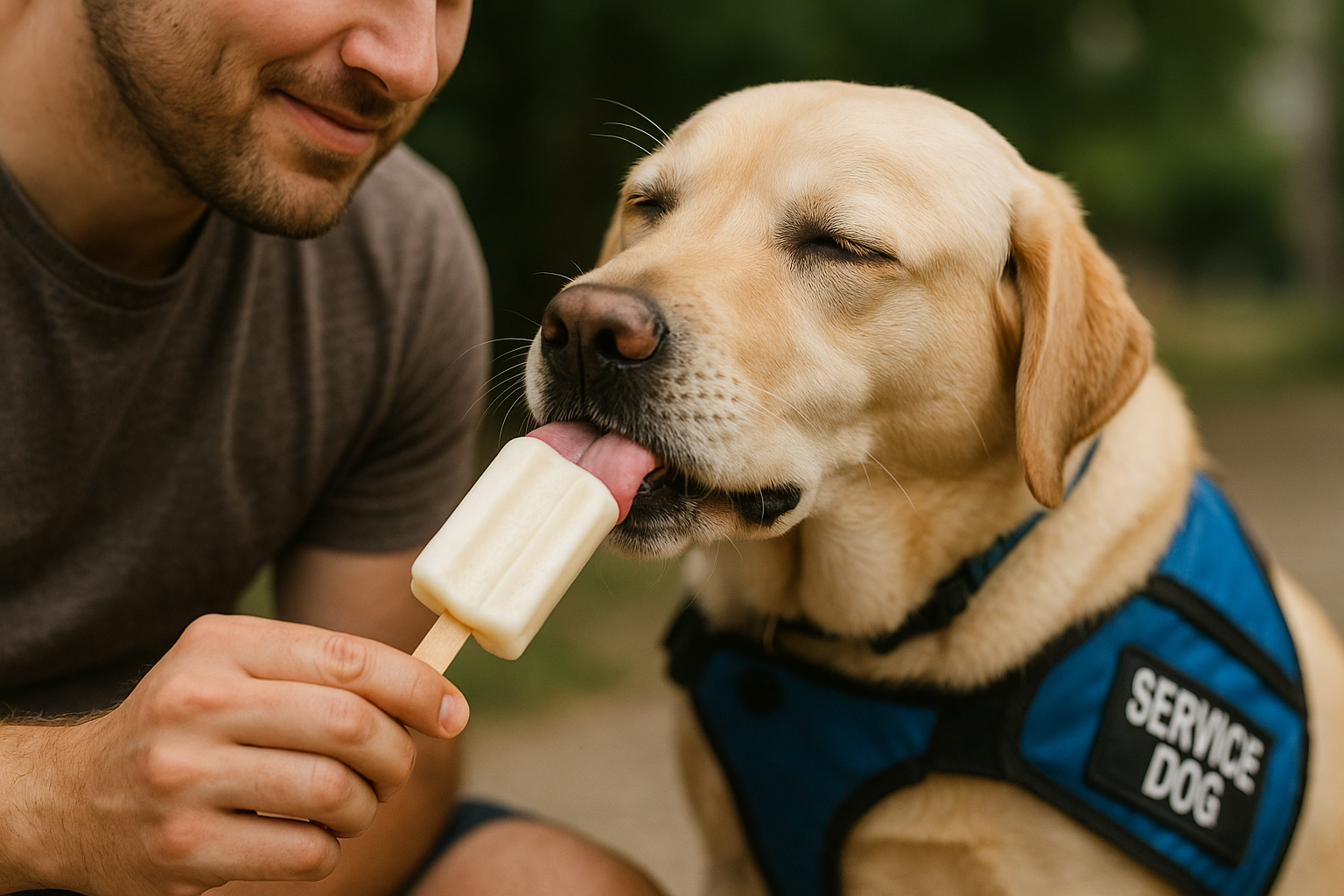Can Dogs Eat Stuffing? Holiday Safety For Pets

As the holidays approach, households everywhere prepare for festive feasts filled with mouth-watering dishes. Stuffing, a staple in many holiday meals, often draws attention not just from our human family members but also from our eager, four-legged companions. Their pleading eyes and hopeful demeanor can make it tempting to share a bite or two. But is it safe? Can dogs enjoy this flavorful side dish without any repercussions?
The short answer is, no. While certain ingredients in stuffing might be harmless for dogs in moderation, others can pose significant health risks. Ensuring your pet's safety during the holidays requires a keen awareness of the dos and don'ts of sharing table scraps. If you're pondering whether to let your furry friend indulge in some holiday stuffing, keep reading. We'll delve into the potential hazards and offer guidance to ensure a safe and joyous celebration for all members of the household.
Understanding the Composition of Stuffing
Stuffing, a gastronomic marvel of holiday feasts, originates from an intricate blend of ingredients, with each component contributing its unique essence. Fundamental to stuffing is its base of bread cubes, which exhibit a spectrum of tastes. From the rustic charm of classic French bread to the tangy undertones of sourdough, the choice of bread can significantly influence the stuffing's overall flavor.
These bread cubes are meticulously mixed with a diverse selection of vegetables and seasonings, infusing the stuffing with a depth of flavors. The interplay of these ingredients, once soaked in turkey broth, bestows upon stuffing its characteristic moist richness. However, stuffing's role isn't confined to merely filling up space on the dinner plate. Its versatility enables it to synchronize with other dishes seamlessly, effectively capturing the essence of turkey drippings while also juxtaposing with the tang of sauces, especially the likes of cranberry relish.
Why is Stuffing a Concern for Dogs?

The innocuous question of whether our canine companions can partake in our holiday indulgence of stuffing unravels layers of complexities, primarily owing to its multifaceted ingredient list. While components like bread cubes might not seem inherently harmful, others, notably sodium, onions, and several processed ingredients, may potentially pose challenges to a dog's gastrointestinal system.
Even though a morsel of stuffing shared in a moment of indulgence might appear harmless, even trace amounts of certain ingredients might be problematic. To mitigate potential health issues during celebratory occasions, it's advisable to stick to a basic guideline: offer your dogs simple and familiar foods like sweet potatoes or green beans, steering clear of dishes with multifarious components that might harbor concealed hazards.
Stuffing: A Potential Culprit Behind Constipation and Gastro Issues
To the unsuspecting eye, sharing a bite of stuffing with your pet might seem a trivial gesture of love. However, such treats can sometimes harbor unintended consequences. For example, certain stuffing recipes enriched with dark meat might occasionally contain tiny, inconspicuous turkey bones. These bones, if ingested, can present challenges; they might splinter within the canine digestive tract or, in some instances, lead to obstructions that could be suggestive of constipation.
Beyond the bone concern, the elevated levels of sodium and other seasonings commonly found in stuffing might upset a dog's digestive equilibrium. While initial symptoms could manifest as mild loss of appetite, more alarming signs such as potential vomiting or diarrhea may emerge. Although not definitive, such symptoms might sometimes be indicative of more serious underlying issues.
Toxic Elements in Common Recipes
Holiday recipes, brimming with flavors and aromas, are a testament to culinary artistry. However, some of these delightful ingredients might not sit well with our furry friends. Commonly used ingredients in festive dishes, particularly in stuffing, can sometimes include elements that are potentially harmful to dogs. For instance, mashed potatoes, if prepared with specific additives, or stuffing enriched with onions, might pose concerns.
Certain ingredients have the potential to adversely affect a dog's red blood cell production. Additionally, store-bought stuffings, if they incorporate natural sweeteners such as xylitol, could be a cause for concern. There are suggestions that high consumption of such substances might lead to severe conditions in dogs.
Offering Dog-Friendly Alternatives
While it's vital to keep certain holiday dishes off our dogs' plates, that doesn't mean our furry friends can't partake in the festive joy. Consider preparing dog-friendly alternatives that capture the spirit of the season without the associated risks. Simple dishes made from plain boiled turkey, rice, and safe vegetables can give your dog a taste of the holidays.
You can even bake special dog treats using pumpkin, oatmeal, and other dog-safe ingredients. This thoughtful gesture ensures that while you're safeguarding their health, they aren't left out of the festive celebrations. With a bit of creativity, both you and your pet can enjoy the holiday feast in your own delightful ways.
An Informed Decision is a Safe One

Succumbing to the endearing gaze of your pet and sharing a tidbit from your festive plate is a temptation many find hard to resist. However, prioritizing their safety is paramount. Having a keen awareness of the potential repercussions of each ingredient is essential. Though this article serves as an introductory guide, it is always prudent to seek advice from a veterinarian when faced with uncertainties.
One must never forget that the rich and varied ingredients we indulge in during the festive season might be overwhelming, or even harmful, to our four-legged friends. Whether it's the richness of certain dishes or the potential risks associated with ingredients like onions and garlic, awareness and caution are key. By staying informed and making judicious choices, you can ensure that the festive season is filled with joy and safety for all, whether on two legs or four.
Want a festive yet effective solution to pet odors? Turn to Marlie Mist Pet Odor Eliminator Spray, infused with invigorating Holiday Peppermint and rosemary. Not only does it tackle stubborn smells naturally, but its pet-friendly essential oils also rejuvenate the air, ensuring every corner of your home feels festive and fresh.
Share this article
written by


